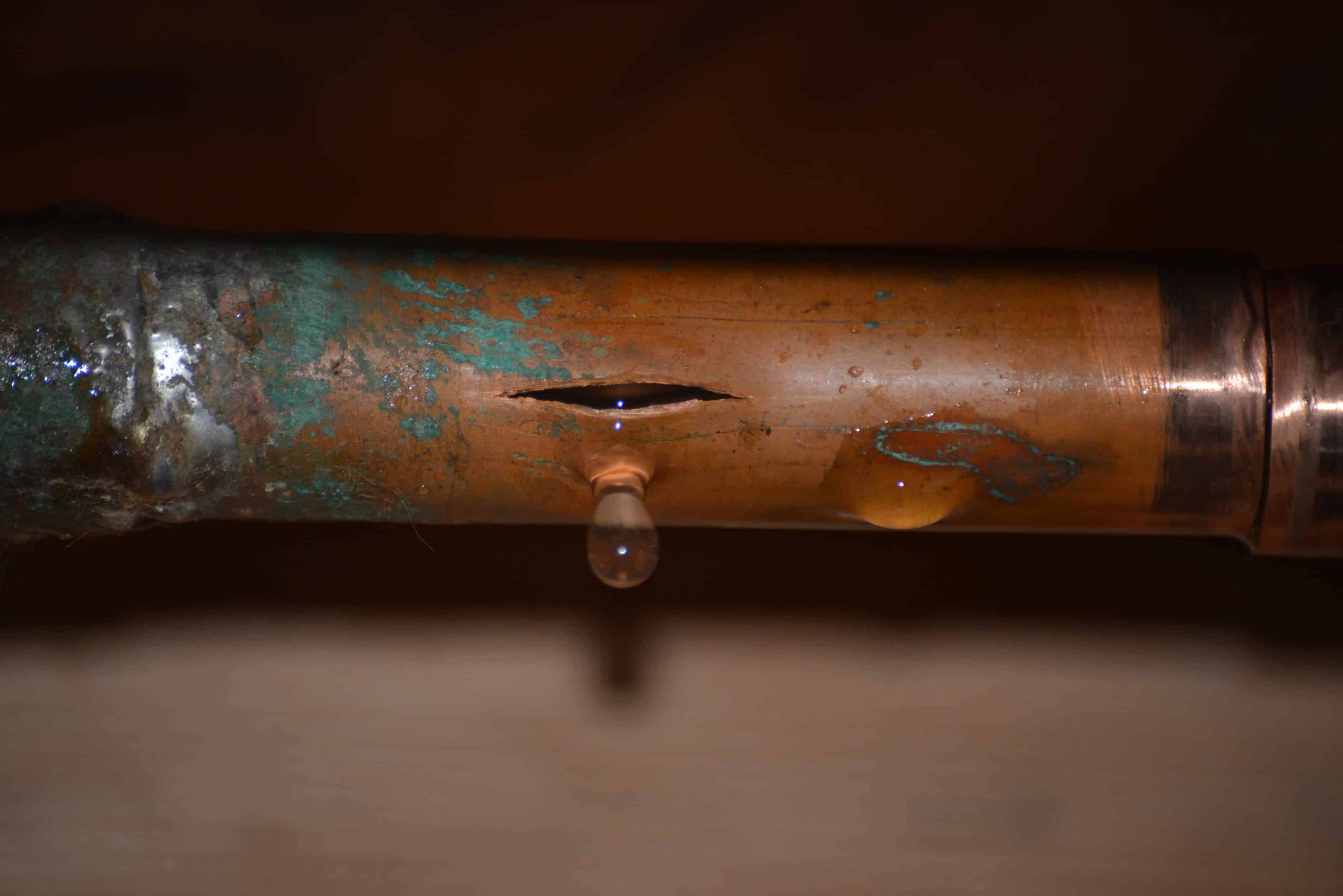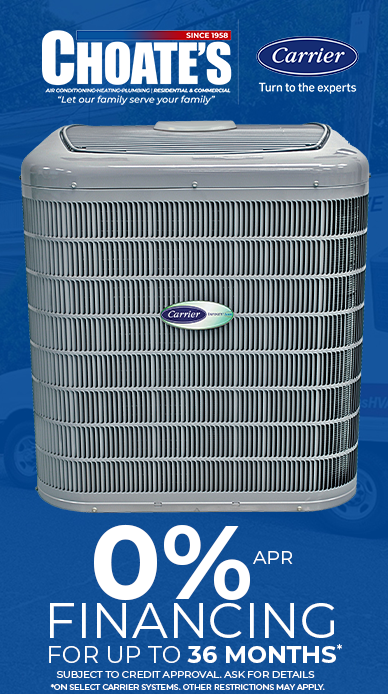901 755 4797
Are your pipes ready for the cold, Memphis winter?
Winter brings falling temperatures, seasonal storms, and the threat of damaged pipes. Even if Memphis sees a mild winter this year, frozen plumbing is still a homeowner’s worst nightmare. The water in your pipes can easily freeze whenever the temperatures drop below freezing. No one wants to wake up from a frigid night to discover broken plumbing and expensive water damage! Choate’s HVAC And Plumbing can help you protect your home all season long. Explore these expert tips and learn how to prepare your pipes for winter.
1. Shut Off Your Outdoor Faucets
One easy way to avoid frozen pipes is to keep water out of them. We recommend turning off your outdoor pipes at the shutoff valves to protect against freezing. Once you turn off the pipe at the shutoff valve, make sure to open the bleed cap at your faucet to drain any remaining water. Turn off the faucets for the entire season if you won’t need them. If you’ll need to use the water, consider turning off the faucets when the weather gets cold.
2. Insulate Any Exposed Fixtures
Keep exposed faucets, spigots, and pipes as warm as possible. Check the outside of your house for fixtures but don’t forget about other cold parts of your home such as crawl spaces, basements, and attics. Faucet covers, foam pipe covers, and pipe wrap tape should all be available at your favorite hardware store. If a winter storm takes you by surprise, you can duct tape rags, towels, old clothes, or newspapers around fixtures to keep them warm.
3. Monitor Temperature With Heat Tape
Heating tape is like a heating pad for your pipes. You can find these cables at any hardware store. Simply wrap the tape around exposed pipes, plug it in, and turn it on. The heating cord will keep your pipes warm when the temperature drops. Heating tape can be expensive but it’s very effective.
4. Keep A Steady Indoor Temperature
Try to keep the thermostat steady throughout the winter. Maintain 60°F or above in your house, even when you’re not there. Your heating bill might go up, but overall you’ll save money by avoiding expensive plumbing repairs.
5. Update Your Weather Sealing
Check on the weather sealing around your windows and doors. If you feel cold spots by your windows in the winter or hot spots in the summer, it’s time to replace your weather sealing. This project is easy for any homeowner to tackle. It’ll also help you save on utility costs all year long, making it a great home investment.
6. Keep Cabinets Warm
You may have exposed pipes hiding inside cabinets. Check your bathroom, kitchen, and laundry room cabinets to look for plumbing. It’s easy to keep these pipes from freezing. Just leave the cabinet door open to let the warm air from the rest of your house protect your pipes.
7. Heat & Insulate Exposed Parts Of The Home
Are there exposed pipes in your basement, attic, crawl space, garage, or other un-insulated parts of your home? Make a plan to keep these pipes warm. Add insulation directly to the pipes to protect them from cold temperatures. You can also add a small space heater if it’s safe to do so.
8. Let Faucets Drip
Dripping faucets are a classic way of preventing broken pipes. Leave your faucets running at a slow but steady drip when the temperatures drop below freezing. The steady water flow helps maintain a safe water pressure as well as prevent water from freezing inside your pipes. Dripping faucets do waste a bit of water, but not as much as a broken pipe would cause.
9. Run Appliances Overnight
Use your dishwasher, washing machine, ice maker, and other major appliances overnight as another strategy to protect your pipes. These appliances keep water moving through your pipes, just like leaving a faucet to drip. Start a load of dishes, wash your clothes, or empty your freezer’s ice bucket before you go to bed to encourage water usage overnight. You can also use a delay cycle to start these appliances while you sleep.
10. Use Frost-Free Sill Cocks
A frost-free sill cock is a type of outdoor faucet where the valve, seat, and washer are kept inside your wall instead of directly against the spigot. All the working parts of the faucet are stored in the warmth of your home, not outside in the hold. Water automatically drains out of these pipes when they’re properly installed. These faucets are available at home improvement shops and can help protect your pipes.
11. Disconnect Your Hoses
If you leave a hose outside in cold weather, any water inside it will freeze. This can cause ice to back up into the pipe if the hose is still attached. We recommend removing hoses from your faucets, draining the pipes, and covering the faucet for winter.
12. Track Your Home Temperature
Smart Wi-Fi thermostats help you keep tabs on your house’s temperature whether you’re at home or away. You can set most smart systems to notify your phone if the house drops to a dangerously cold temperature. Simply turn up the heat to keep your home from freezing.
13. Seal Your Rim Joists
It’s easy for cold air to slip through rim joists. Use expandable foam and insulation to seal cracks, holes, or other damaged areas between your floor joists. You should also insulate and seal any exterior holes in your home where wires, pipes, or cables pass through the wall.
14. Turn Off The Water When You Take A Trip
Turn off the water at the primary shutoff valve before heading out of town. This helps prevent damage in case your pipes freeze or crack while you’re away. Turn off automatic icemakers any time you turn off the main pipe so they don’t burn out their motors.
15. Insulate Your Garage
If water lines run through your garage, you should keep the space as warm as possible. Insulating the garage door is a great first step. Ideally, you’ll insulate your entire garage, add heat cables to exposed pipes, and set up a space heater ahead of serious winter storms.
Keep Your Pipes Safe All Winter Long
Pipe damage is an expensive winter weather hazard, but it’s also one you can avoid. Choate’s HVAC And Plumbing has seen great success with these cold-weather tips. You can protect your pipes, your home, and your family with these easy steps. Get in touch if you have any questions or want to learn about our winterization services.


